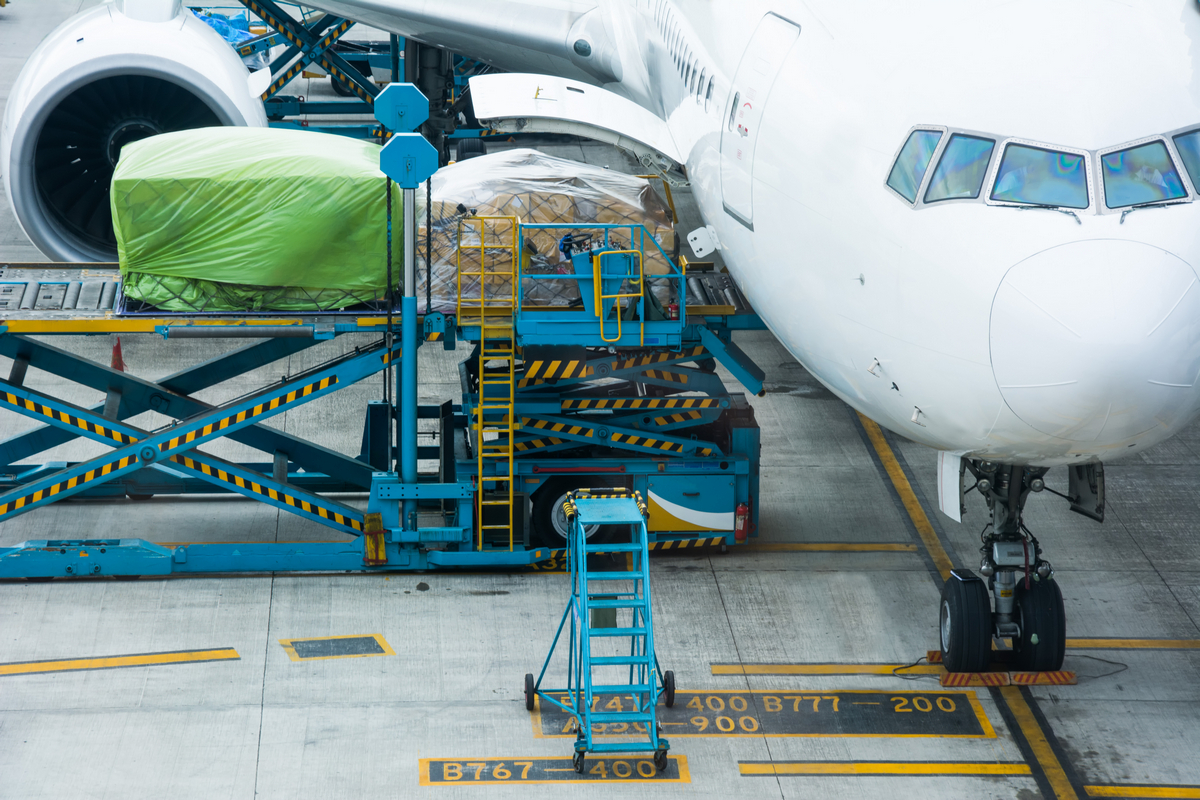IATA highlighted four priorities to build resilience and strengthen air cargo’s post-pandemic prospects
The World Cargo Symposium (WCS) is the largest and most prestigious annual event regarding cargo air transport. The 2022 edition brought 1400 delegates to London, England, from 27 to 29 September 2022.

In his keynote speech at the World Cargo Symposium in London, Brendan Sullivan, IATA’s Global Head of Cargo, highlighted four priorities to build resilience and strengthen air cargo’s post-pandemic prospects.
He stressed achieving net zero carbon emissions by 2050, modernising processes, finding better solutions to safely carry lithium batteries and making air cargo attractive to new talent.
“Air cargo had a stellar year in 2021, achieving $204 billion in revenues,” said Sullivan. “At present, however, social and economic challenges are mounting. The war in Ukraine has disrupted supply chains; jet fuel prices are high and economic volatility has slowed GDP growth. Despite this, there are positive developments. E-commerce continues to grow, COVID restrictions are easing, and high-value specialised cargo products are proving resistant to economic ups and downs. In the future, achieving our net zero commitment, modernising processes, finding better solutions to carry lithium batteries safely, and making air cargo attractive to new talent are critical.”
The road to net zero
In 2021, the aviation industry agreed on a balanced plan to achieve net zero CO2 emissions by 2050 through Sustainable Aviation Fuel (SAF), hydrogen and electric propulsion, more efficient operations and offsets, and eventually through carbon capture, an out-of-sector solution while technology develops.
“SAF is the key to achieving net zero emissions,” Sullivan noted. “Airlines used every drop that was available in 2021. And it will be the same this year. The challenge is SAF production capacity. The solution is government incentives. We could see 30 billion litres of SAF with the right incentives by 2030. That would be a tipping point by 2030 toward our net zero ambition of ample SAF quantities at affordable prices.”
Modernisation and efficiency
“The challenges of the COVID crisis gave us confidence that we can change and adapt fast. We need to use that confidence to get even closer to our customers’ expectations for modernisation. And we need to be true to air cargo’s unique selling point and move even faster,” said Sullivan.
IATA’s ONE Record allows everyone across the industry’s value chain to see the same shipment information. Already, 156 companies and four customs authorities are using it. Also, IATA Interactive Cargo Guidance provides a common framework so that tracking devices can monitor the quality and accuracy of conditions of time and temperature-sensitive goods.
Government support for the modernisation agenda through facilitating trade is also critical.
“The Revised Kyoto Convention, which brings standardisation, technology, predictability, and speed to trade facilitation and the World Customs Organization (WCO) SAFE Framework of standards to facilitate and secure trade are major steps forward in supporting global trade,” said Sullivan.
Safety
Safety, specifically finding better solutions to safely carry lithium batteries, was highlighted as a priority for the industry.
“We can be proud of the progress we are making to further improve the safe handling of lithium batteries,” said Sullivan. “For air cargo, this is a top priority. But even the best regulatory structure means nothing if the rules are not followed. Compliance is an issue with the transport of lithium batteries, particularly with the proliferation of new—and inexperienced—entrants in e-commerce activities.”
Safety, specifically finding better solutions to safely carry lithium batteries, was highlighted as a priority for the industry
IATA called for regulatory authorities (EASA and FAA) to accelerate the development of a test standard that can be used to demonstrate that fire containment pallet covers and fire-resistant containers are capable of withstanding a fire involving lithium batteries.
To embed best practices on the safe carriage of lithium batteries across the value chain, IATA has expanded its CEIV Lithium Battery program to include airlines and shippers.
People
“People are the core of any improvement in what air cargo can deliver,” Sullivan suggested. “Sadly, we saw thousands of jobs leave the industry during COVID-19, especially cargo handlers. We are now competing for talent in a very tight job market. And when we do find the right and willing talent, training and longer-than-usual security clearance processes delay their entry into the workforce.”
IATA is calling for governments to accelerate clearance processes, including those for security, as a short-term solution and long-term to do a better job of attracting, onboarding, and retaining talent.
